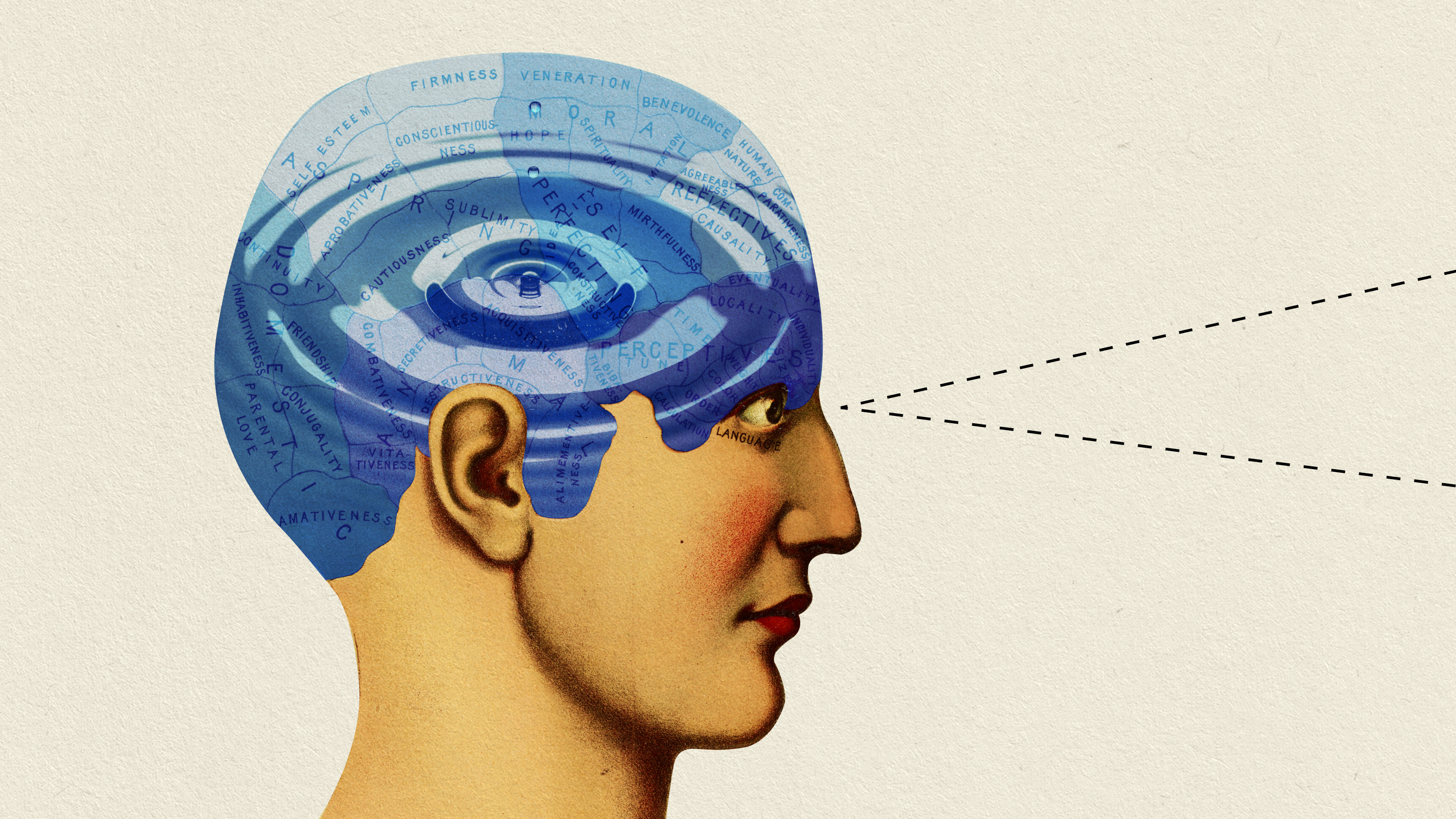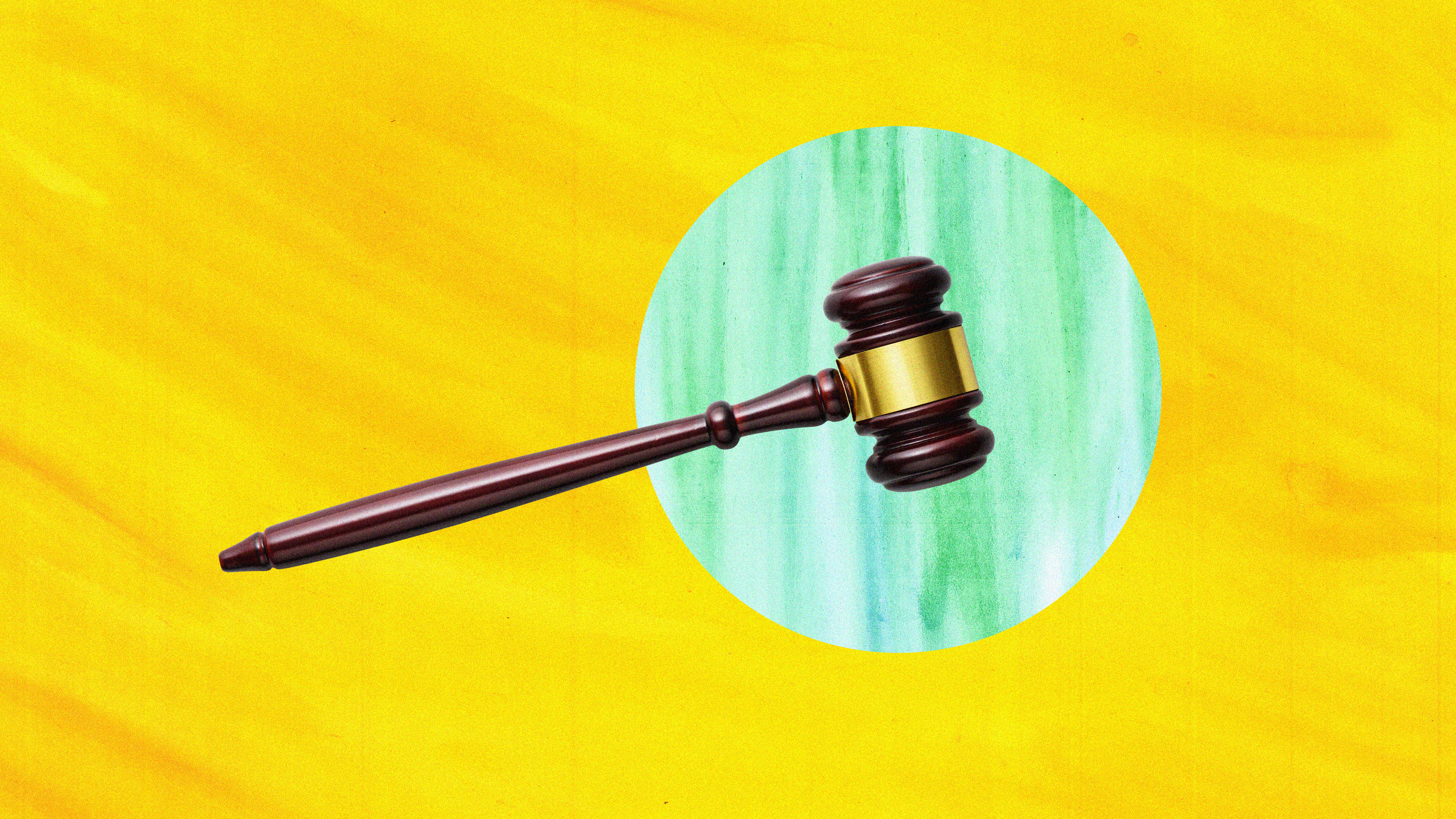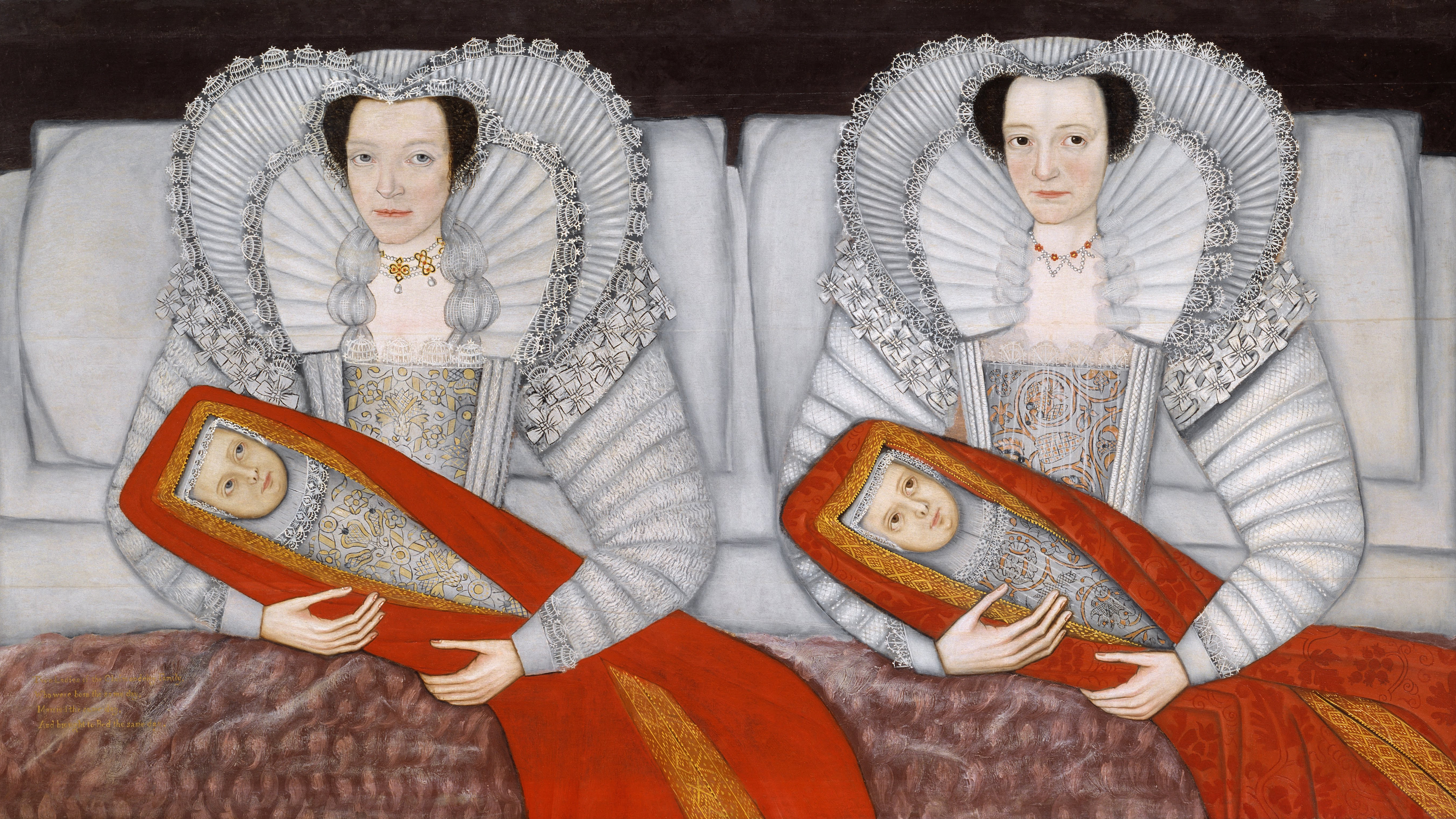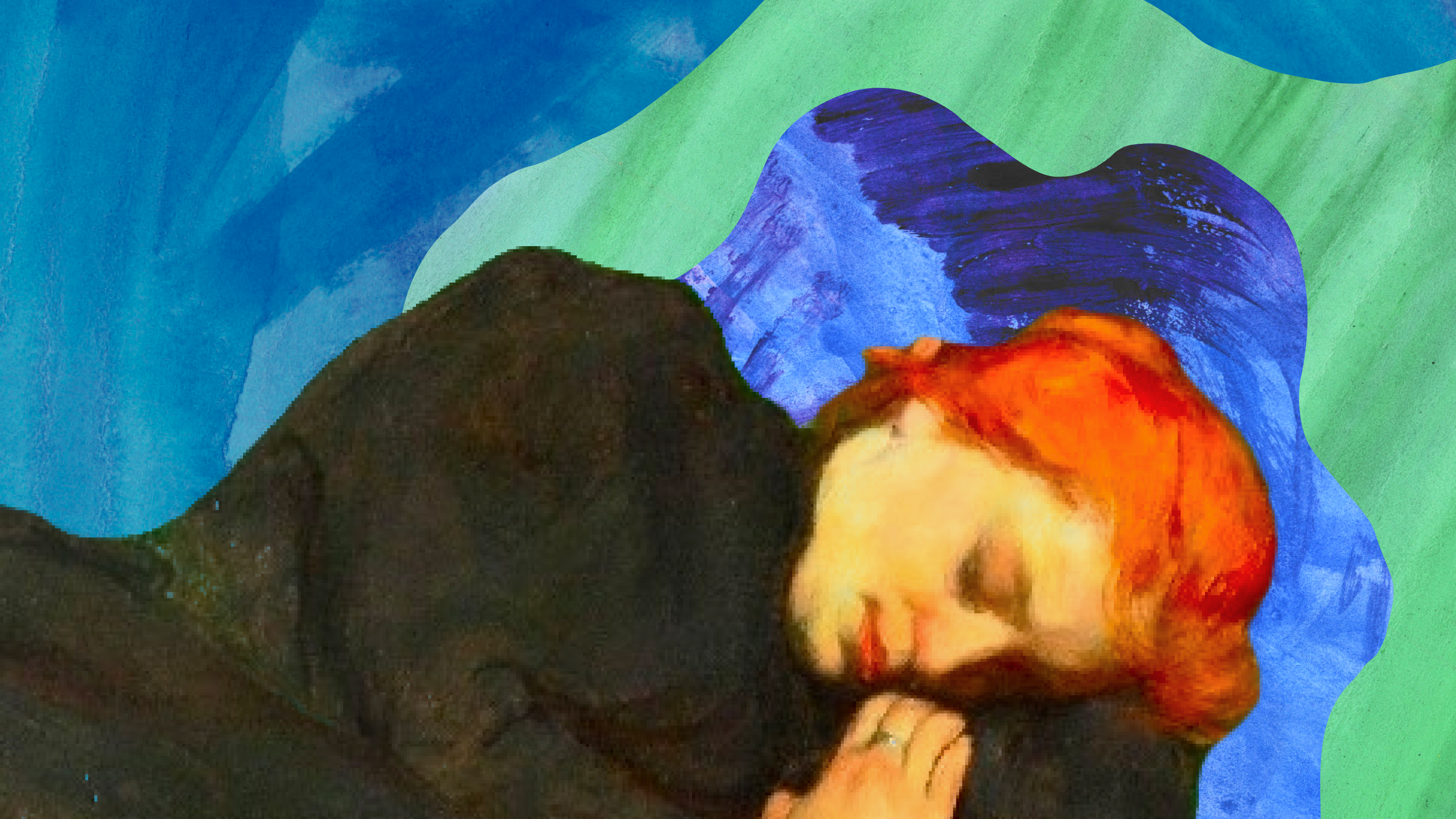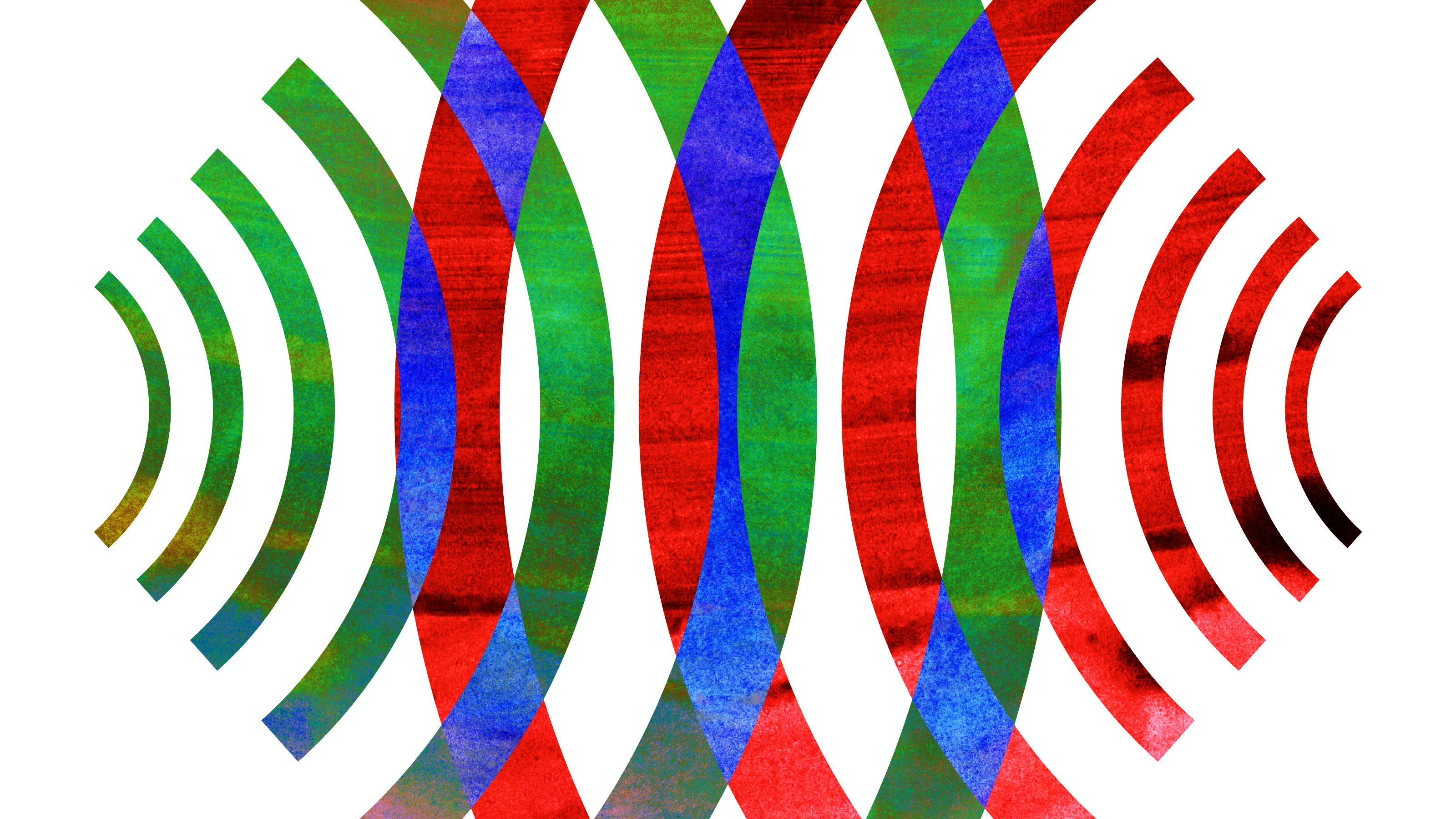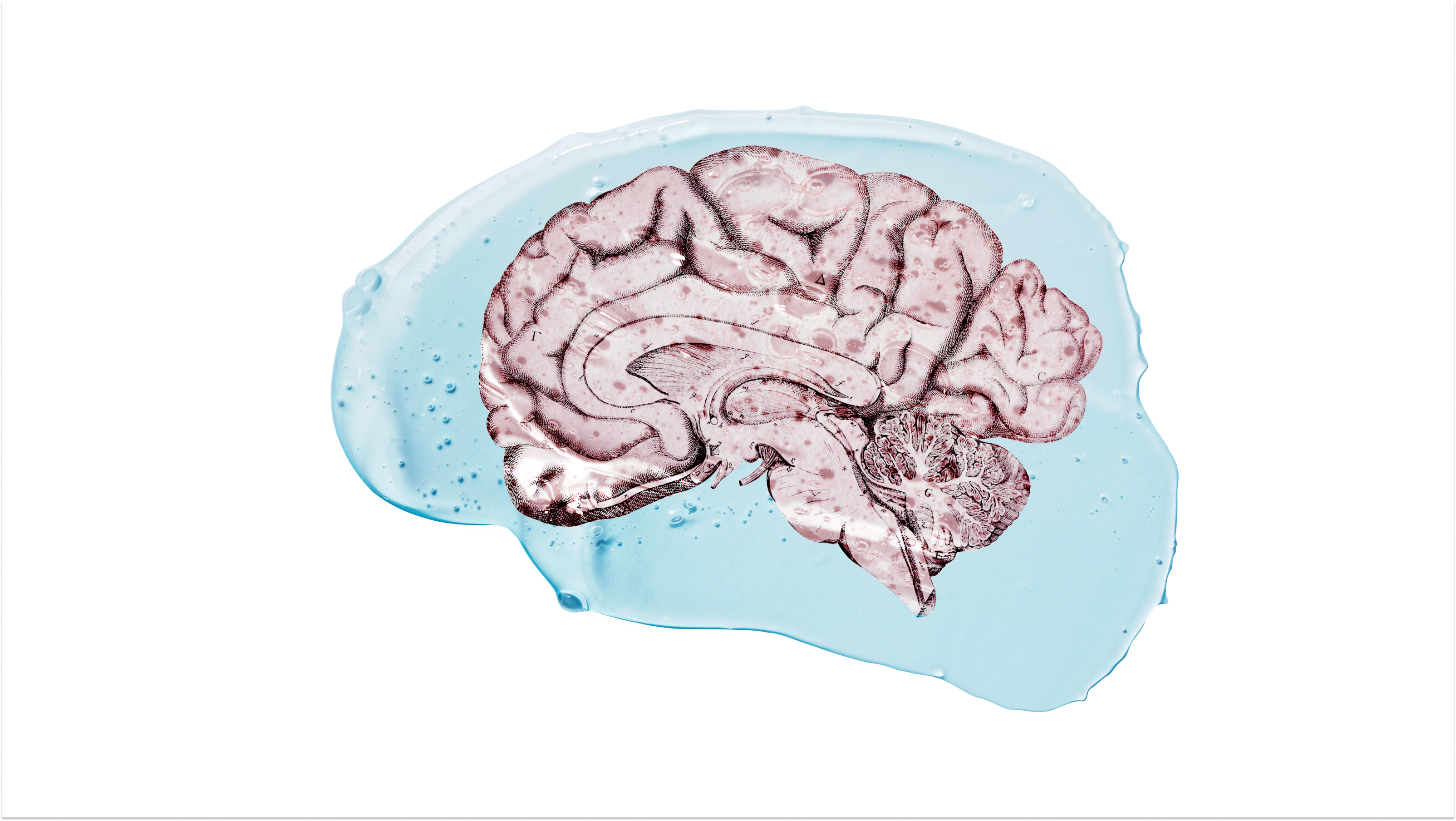Neuropsych
All Stories
Walter Pitts rose from the streets to MIT, but couldn’t escape himself.
A series of charts shows how prevalent different mental illnesses are across the globe — but how we define them matters.
Brain activity may be more like “ripples in a pond” rather than signals sent on a telecommunications network.
You’ll be able to sleep through a war.
“Uitwaaien” is a popular activity around Amsterdam—one believed to have important psychological benefits.
Neuroscientists and artists alike are making the case that we could transform the world through psychedelics.
A new study from Finland suggests that we all process the behavior of others using the same neural networks.
Memory, responsibility, and mental maturity have long been difficult to describe objectively, but neuroscientists are starting to detect patterns. Coming soon to a courtroom near you?
The dying brain experiences a surge of electrical activity. Could this help explain the mysterious phenomena of near-death experiences?
Emotion dysregulation has been linked to unhealthy risk-taking, relationship challenges, and negative physical health outcomes.
A recently identified stage of sleep common to narcoleptics is a fertile source of creativity.
Thomas Edison was on to something…
If you think everyone around you is terrible, the joke may be on you.
The hallucinations that characterize schizophrenia may be due to a “reality threshold” that is lower than it should be.
People with aphantasia cannot conjure mental images, either original or from memory.
A recent study highlights the astounding adaptability of the human brain.
Forgetting and misremembering are the building blocks of creativity and imagination.
The discovery has enormous implications for the development of novel anti-anxiety medications.
Neuroscientists hope to learn more in the hope of finding a way to reverse dementia.
Adolescents’ brains are highly capable, if inconsistent, during this critical age of exploration and development. They are also acutely tuned into rewards.
Forget these scientific myths to better understand your brain and yourself.
The paradox of failure explains why even a healthy rage-quit won’t keep a good gamer down.
Like sneaking veggies into dessert, these board games teach STEM, strategy, and executive functions through the joys of play.
A study shows that the brains of lonely individuals respond in odd ways to visual stimuli, while those of non-lonely people react similarly.
You can’t spot a liar just by looking — but psychologists are zeroing in on methods that might actually work.
“You gotta know when to fold ’em.”
A recent study is the first to fabricate electronic components from endogenous molecules.
Research suggests parenthood helps couples tune into each other’s minds and emotional states.


